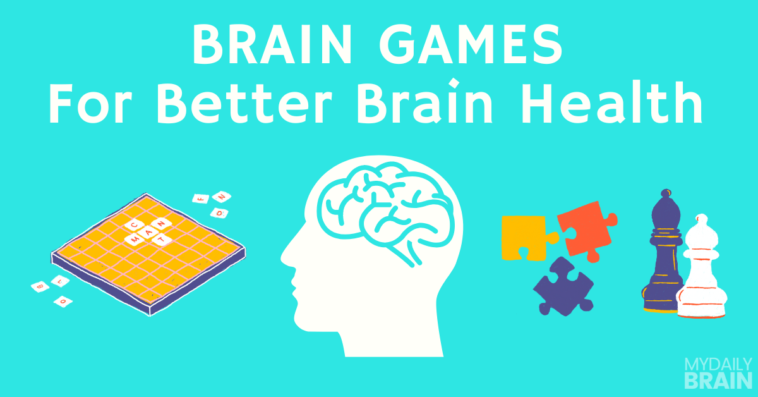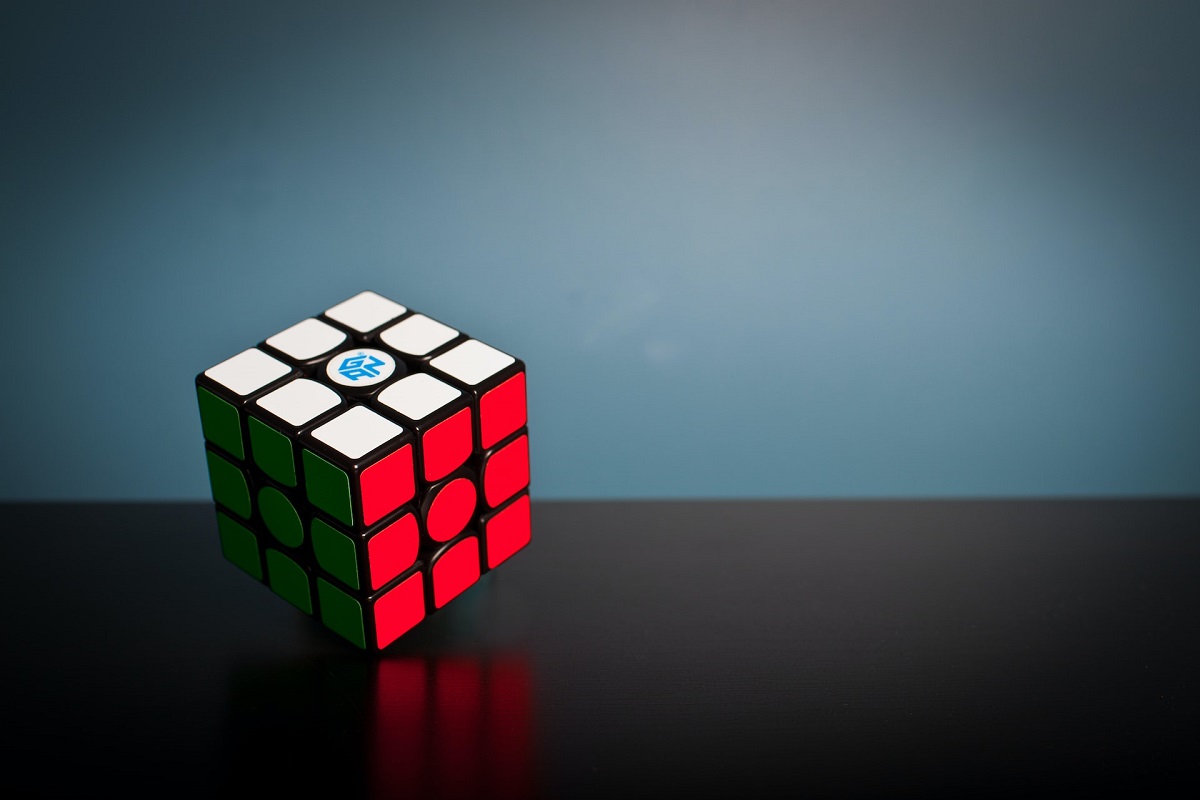Nowadays, a lot of us may have been stuck in the vicious cycle of consuming technology to make every minute of our lives more manageable than before. From one gadget to another, we tend to neglect to keep our minds sharp when indulging in unstimulating activities. If you relate to this scenario, this is the perfect time to start involving yourself in brain teasers and games.
But the question is – do brain games improve brain health?
The simple answer is yes. Exercising your brain regularly will help keep it functioning efficiently and protect it from any memory problems that may arise as you get older.
The Effects Of Brain Games On Older People
For older people, forgetfulness is often something they worry about a lot. While aging is one factor, memory problems can also be caused by medical conditions, emotional problems, cognitive impairment, and sometimes dementia.
As we get older, the brain undergoes significant changes just like the other parts of our body. For some, they experience taking longer time to learn new things than they did before. Some people are having a hard time retaining information. Others start losing things that they use every day, such as house keys and even eyeglasses.
One study found that people of old age were able to mentally multitask when trained with brain game exercises. They were also able to match and even exceed the results of those around 50 years younger who were not trained with brain games as much as they were.[1]University of California – Irvine. (2019, August 19). Online brain games can extend in-game ‘cognitive youth’ into old age: Training enables seniors to multitask mentally on par with those 50 years younger. ScienceDaily. Retrieved December 3, 2022 from www.sciencedaily.com/releases/2019/08/190819164338.htm
While results may differ from one individual to another, the study may have provided enough evidence of how brain games can help improve the memory and cognitive functioning of people of any age.
Brain Games To Keep Your Mind Sharp
Brain games, as the words suggest, are activities that can stimulate your brain by making you think more critically. Training your brain this way can help improve your mental abilities, decision-making skills, memory, and your overall brain functions.
So what games should you play for better brain health? Here are some of them:
Scrabble
This classic word game helps widen your vocabulary and train your brain to focus on a single task which is – building a word! At every turn, you will have to think of a word – the more uncommon the letters, the higher points you can get. Positioning your letters in the right tile can also give you higher points. Strategy and a vast vocabulary will help you win this game.
Jigsaw puzzles
If you’re looking for something that will get both sides of your brain working, try playing jigsaw puzzles. This game will need your logic skills, intuition, and creativity to successfully complete it. If you want more challenges, you can upgrade your game and solve those with more puzzle pieces.
Rubik’s cube
This is by far one of the most famous (and hardest) brain games ever invented. Did you know that the Rubik’s cube has 43 quintillion possible combinations? To be exact, it is 43,252,003,274,489,856,000 in total! It’s also estimated that less than 5.8% of the world’s population can solve this cube. But don’t let that discourage you! With that many combinations, you can find one to stick to.
Sudoku
Another classic game, but this one is filled with numbers. To solve this game, you need to fill it with numbers 1-9. But the gist is, each number must only appear once in a row, column, and box. This will help enhance your critical thinking skills as well as your concentration.
Crossword puzzles
Aside from Scrabble, this word game will also test your vocabulary and critical thinking skills. The difference is that crossword puzzles provide the definitions of words that you need to find out to fill in the exact number of boxes per letter. In fact, a study shows that solving crossword puzzles may help delay the onset of memory decline in people experiencing dementia.[2]Pillai, J. A., Hall, C. B., Dickson, D. W., Buschke, H., Lipton, R. B., & Verghese, J. (2011). Association of crossword puzzle participation with memory decline in persons who develop dementia. Journal of the International Neuropsychological Society : JINS, 17(6), 1006–1013. https://doi.org/10.1017/S1355617711001111
Chess
This strategy game is also one you can find in international tournaments. This will have you sit one-on-one with an opponent and take the challenge of possibly beating them in just 4 moves – but more if they’re good at it, too. Playing this competitive game helps enhance brain function, memory, strategic thinking, attention span, and other cognitive abilities. Research also found that playing chess can help protect the older population from dementia.[3]Lillo-Crespo, M., Forner-Ruiz, M., Riquelme-Galindo, J., Ruiz-Fernández, D., & García-Sanjuan, S. (2019). Chess Practice as a Protective Factor in Dementia. International Journal of Environmental Research and Public Health, 16(12), 2116. https://doi.org/10.3390/ijerph16122116
The Brain’s Neuroplasticity
As mentioned above, the human brain changes as we age, just like the other organs in our body. The lifestyle we choose can greatly contribute to its development (or deterioration if neglected), thanks to its neuroplasticity.
Neural plasticity, also known as neuroplasticity, is the ability of the brain to adapt and change in response to information it receives. This means that you can have control over how you want your brain to evolve. Simple things like keeping yourself hydrated and learning new things can positively impact your brain’s health.
However, if you find yourself stuck in mundane routines, doing the same things every day, then you need to re-evaluate how you are currently contributing to your brain’s development. Take advantage of your brain’s neural plasticity and add a few challenges in your life once in a while. You can indulge yourself in mind-stimulating games like the ones mentioned above, or simply try something new.
Conclusion
The absolute effectiveness of brain games for better brain health may still be in the works. But many studies have cited evidence that brain training activities can help promote a healthier brain as we go through the process of aging. Nevertheless, experts still recommend that if you want to improve your overall cognitive functions, you should not only depend on these activities. Having good nutrition, enough sleep, proper diet, and hydration, and trying out new things must complement these brain exercises. After all, the other organs in our body should be kept in shape, too.
In your opinion, what game makes your brain smarter? Have you tried playing brain games like those mentioned above? Share this article and you may help someone who needs some brain training facts right now!
References











